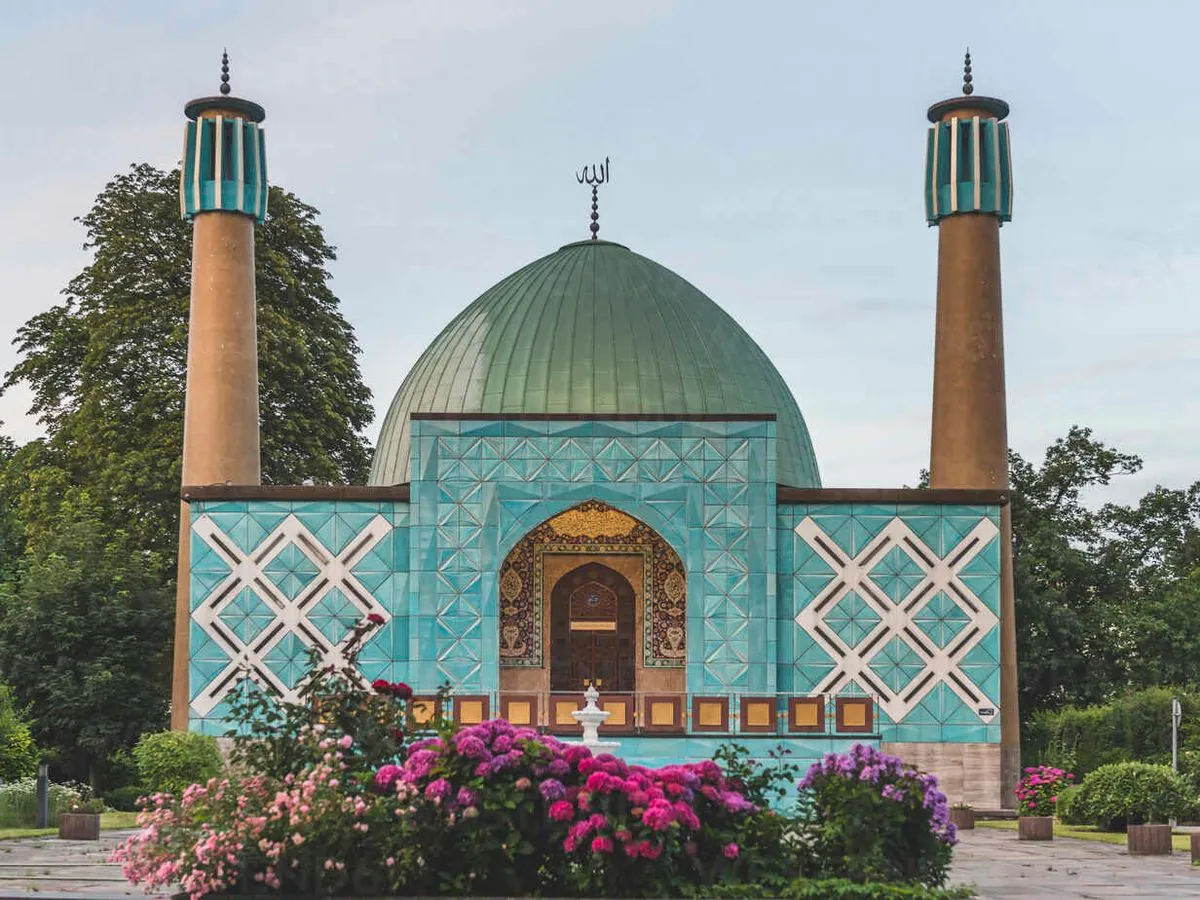Germany Expels Iranian Cleric, Orders Closure of Islamic Centre in Hamburg
German authorities have ordered the expulsion of the head of the banned Islamic Centre Hamburg, giving him two weeks to leave. The center was recently closed for alleged radical Islamist activities.

German authorities have taken decisive action against the Mohammad Hadi Mofatteh, the leader of the recently banned Islamic Centre Hamburg (IZH). The interior ministry of Hamburg has issued an expulsion order, requiring Mofatteh to depart Germany by September 11, 2024, or face deportation.
Mofatteh had been at the helm of the IZH since the summer of 2018. According to Hamburg's domestic intelligence agency, he allegedly served as the official deputy of Iran's Supreme Leader, Ayatollah Ali Khamenei, in Germany until recently.
The expulsion order follows Germany's ban on the IZH and its subsidiary organizations in July 2024. The federal interior ministry cited the center's pursuit of "radical Islamist goals" as the reason for the prohibition. Officials claim that the IZH acted as a direct representative of Khamenei and aimed to instigate an Islamic revolution in Germany.

The IZH operates one of Germany's oldest mosques, known for its distinctive turquoise exterior. Established in 1953, the center has been a focal point for the Iranian community in Hamburg, which hosts one of the largest Iranian populations in Germany. The Blue Mosque, completed in 1965, has been a prominent landmark in the city for decades.
German authorities have long been monitoring the IZH's activities. The center has been under surveillance by German intelligence agencies since the 1990s, with accusations of spreading Iranian state propaganda in Germany. Moreover, the IZH has been linked to Hezbollah, an organization banned in Germany since 2020.
The closure of the IZH marks a significant shift in German-Iranian relations. Germany and Iran have maintained diplomatic ties since 1952, with Germany being Iran's largest trading partner in the European Union as of 2021. However, the 1979 Islamic Revolution in Iran significantly impacted these relations.
In response to the IZH's closure, Iran summoned the German ambassador in Tehran, highlighting the diplomatic tensions arising from this decision. This move underscores the complex nature of German-Iranian relations, which have been shaped by historical, economic, and political factors over the decades.
As the deadline for Mofatteh's departure approaches, the situation remains tense. The closure of the IZH and the expulsion of its leader represent a significant development in Germany's approach to organizations suspected of promoting radical ideologies on its soil.
"The IZH has been pursuing radical Islamist goals and acting as a direct representative of Iran's Supreme Leader, seeking to bring about an Islamic revolution in Germany."
This event highlights the ongoing challenges in balancing religious freedom, national security, and diplomatic relations in an increasingly complex global landscape.


































